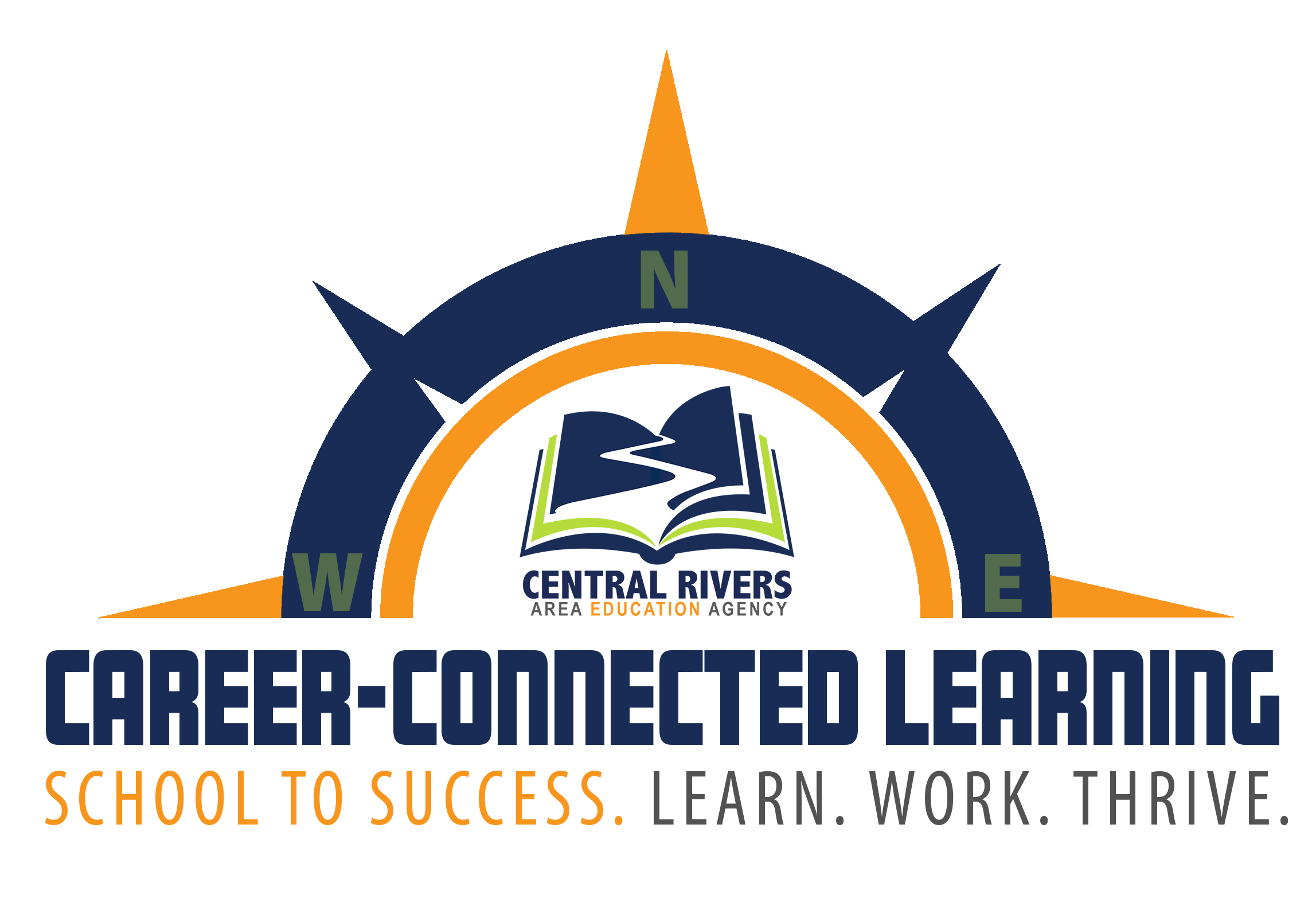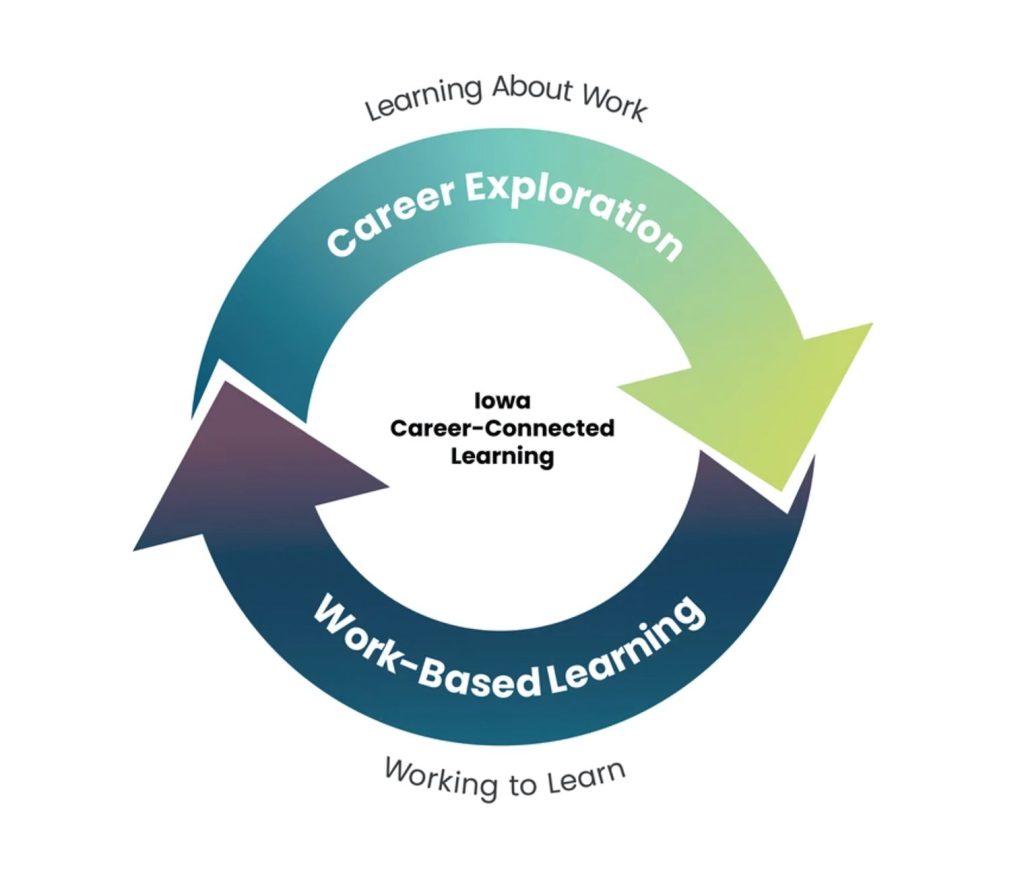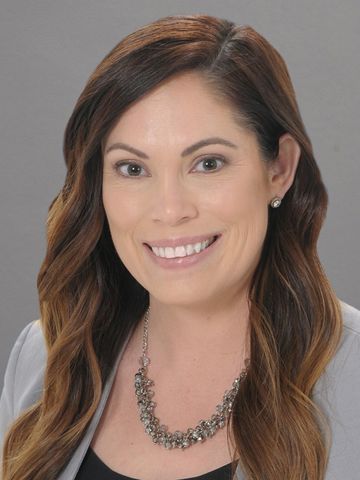
What is Career-Connected Learning?

Career-connected learning is an umbrella term that incorporates both career exploration and work-based learning. While career exploration activities empower students in learning about work, work-based learning supports students working to learn the necessary knowledge and skills to be successful in the workplace and what comes next.
Career Exploration
Career exploration includes activities designed to assist with exploring and building awareness of the available careers in in-demand, high-wage and public good college and career pathways.
Work-Based Learning
Work-based learning is sustained project-based learning in partnership with an employer, simulated work experiences aligned with industry-recognized credentials, high-quality pre-apprenticeships aligned to an apprenticeship, student learner programs, internships, and apprenticeships.
CRAEA Current CCL Supports & Services
Career Exploration
- District Career and Academic Planning
- Job Shadows (Job Shadow Coordinator)
- Student Events
Work-Based Learning
- District Career and Academic Planning
- Special Ed Secondary Transition Goals (Work Experience Coordinators)
- Internships (Multi-occupations Coordinators)
- Sustained Project-based Learning (CAPS Director)
- Student-learner Programs (CAPS Director)
Important Contacts
Staff Directory

